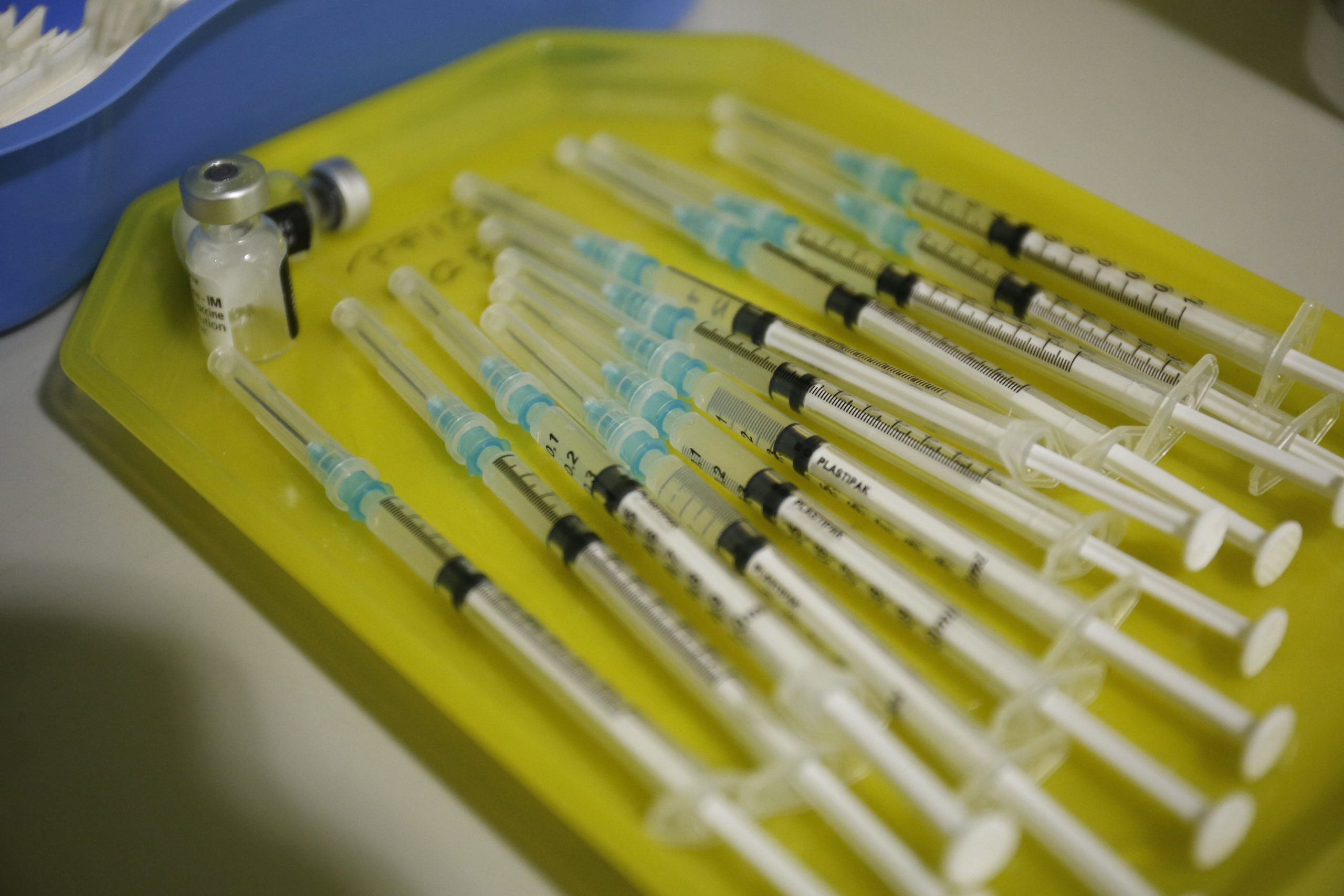
The government is examining whether or not to declare Covid-19 immunity certificates as expired six or seven months after the date of the second vaccination, but has taken no decision yet, Antal Rogán, the cabinet chief, said during his annual hearing in parliament’s economic committee on Monday.
Thanks to its vaccination drive, Hungary was the first to relaunch the country, Rogán said.
Citing preliminary tests by the national public health centre NNK, Rogan said that the vaccines in use in Hungary would provide adequate protection against the latest (Omicron) variant of coronavirus for those vaccinated with a booster jab.
“It is now a priority that as many people as possible take up a booster jab which is the only way to prevent or flatten the curve of a fifth wave of the coronavirus epidemic,” he said.
To help attain this goal, the government will launch further national coronavirus vaccination campaigns next month and in January, Rogán said, adding that additional “personal campaigns” were also planned in cooperation with health authorities.
“A booster jab is all the more important because most people got inoculated by the end of June and these vaccines lose much of their effectiveness in preventing infection after four to six months,” he said.
The government will urge Hungarians to take up a booster jab against the coronavirus, Rogán said. “We will use all available means to ensure that 70 percent of those who have been fully vaccinated get their third jab by the end of January,” he said. Rogán said that public information campaign reaching out to as many people as possible and “personalised messages” are a more effective way to achieve the government’s goal than making inoculation compulsory.
Rogán said that Pfizer vaccines for the 5-11 age group will arrive in Hungary on Dec. 20, and parents are encouraged to have their kids vaccinated.
featured image illustration via György Varga/MTI